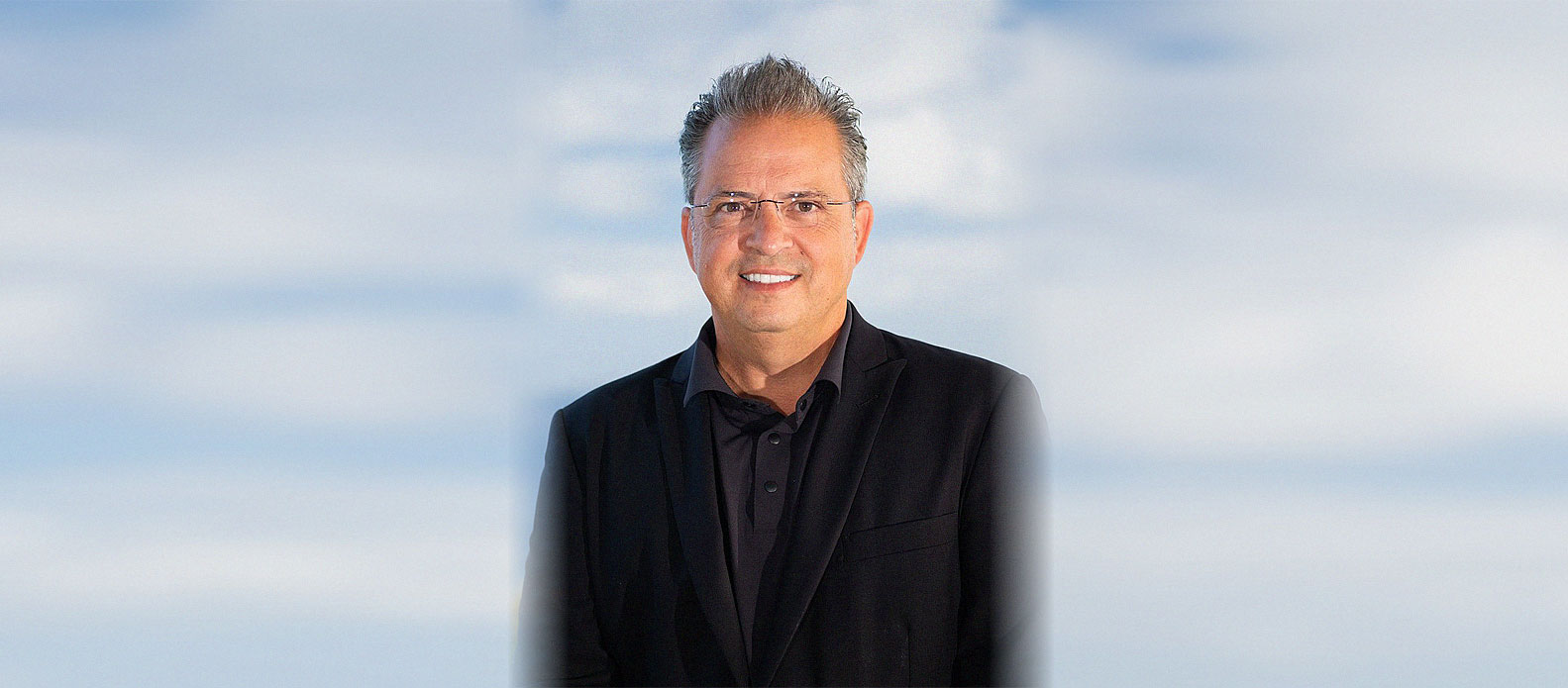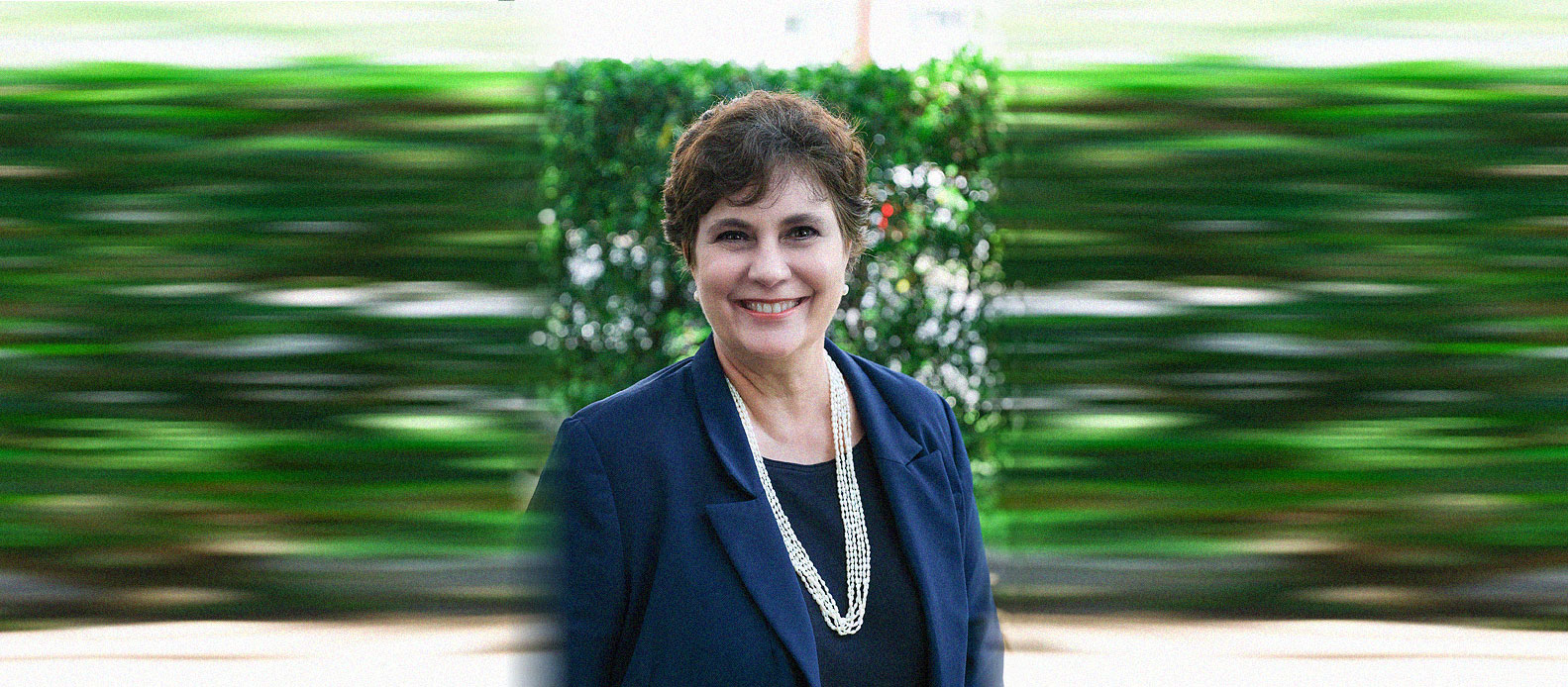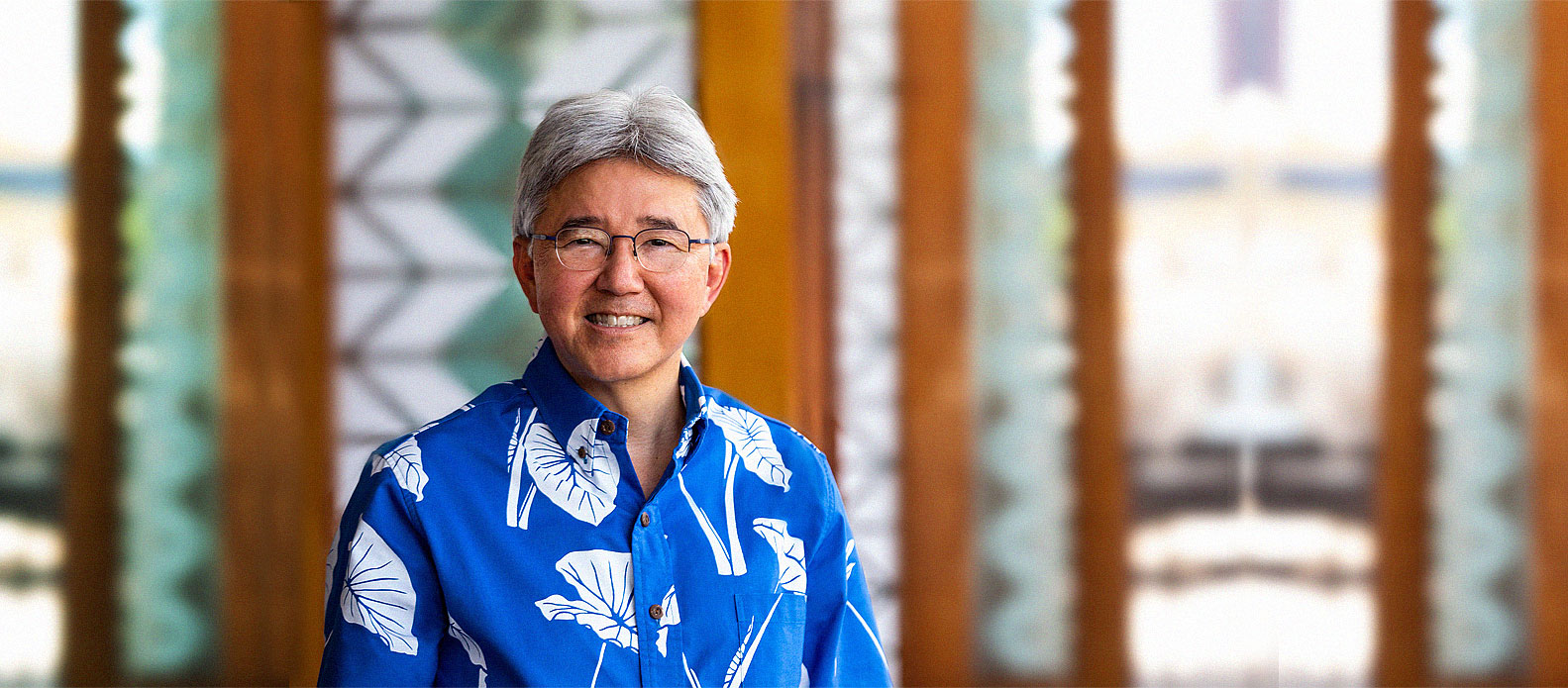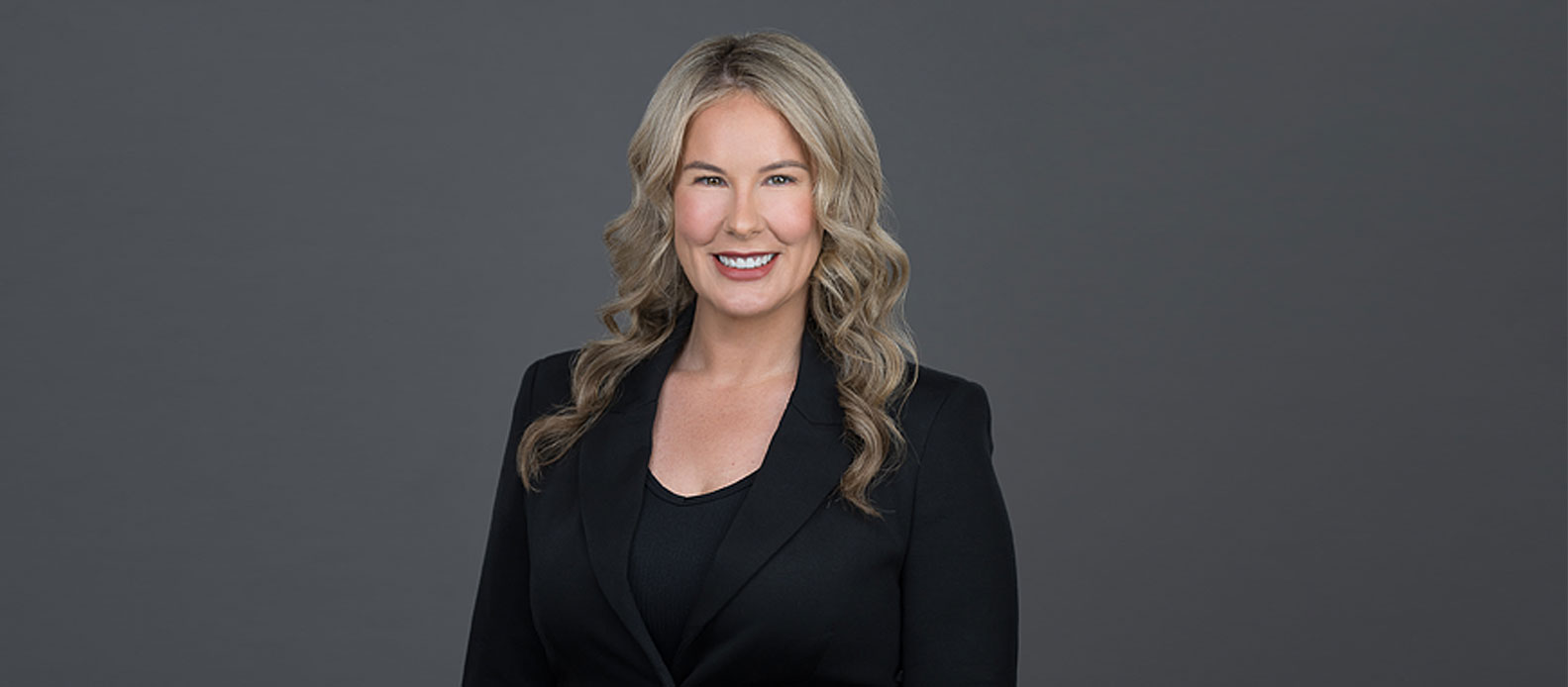Six years ago, Corey Correa and Seiji Aspengren were at a professional crossroads.
Down one end of the crossroads, was more of the same: Correa was working in freight sales for a large company and Aspengren was helping to run a local delivery business started by his father in the mid-’80s.
But down the other end? It was a road less travelled, an opportunity for Correa and Aspengren, along with another former partner, to launch something new. It would be their own freight forwarding business, Landmark Logistics Corporation, a locally based company run by locally grown guys. They’d be the new kid on the block among a sea of giant corporations with Mainland-based owners, that had been operating for decades in this community. There would be a ton of funding required to start up, a lot of capital and infrastructure necessary to even start their first shipment. And, it would mean contacts – building relationships, bringing on clients – in an industry which, says Correa, there’s no new business. They would have to show clients why this new company was a better fit than the bigger guys, why their goods were in better hands with a few upstart kids from O‘ahu with a vision and a commitment to be better.
But show them they did.
With those kinds of obstacles, however, it’s no wonder that, as Correa says, “You don’t see startups for freight forwarding companies. What we do is very rare.” Luckily for the duo, they each brought complementary things to the table, elements that would factor critically into their success. While Correa had years in the freight forwarding business under his belt, having started in the industry right out of college, Aspengren came on board with the infrastructure and resources from his local delivery company that would lay the foundation for operations.
That’s not to say there weren’t challenges to overcome. In fact they encountered: “Every single challenge possible,” says Aspengren, “growing pains, operational issues, personnel issues, bad luck.” There were even times, a couple years in, that they considered pulling the plug. In the end, though, when asked if he’s glad they stuck with it, Correa immediately declares, “100 percent.”
They know that together, they’re focusing on creating something different in this sphere of business – and that’s what sets them apart and has kept them going. The duo says that sometimes, their start-up characteristics can actually work in their favor. They point out that clients appreciate that Landmark employs new, more efficient forms of technology that help clients monitor their goods in real time. Their small size also means flexibility with rates and quick decision making. Most of all though, it’s Landmark’s local status that seems to resonate with their network.
“We see and touch our customers every week,” points out Correa, “at the grocery store, at kids’ soccer games. We’re so ingrained in the local community.”
After all, says Aspengren, “(Our vision was) to create a company that brought a local flavor to an industry that was mostly controlled by mainland companies.” Six years in, they’re still doing just that.
PACIFIC EDGE NEWSLETTER
RECENT POSTS
-
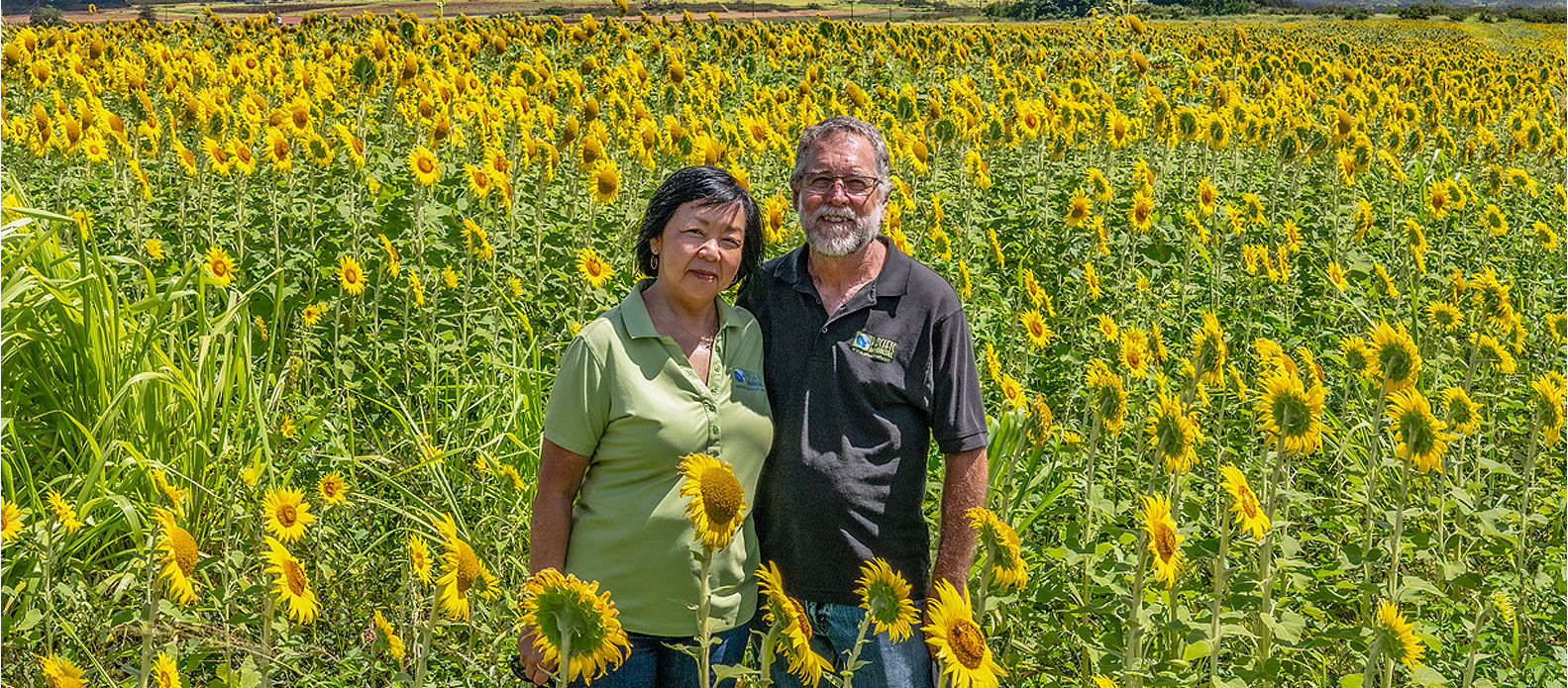 anemptytextllineOctober 10, 2024
anemptytextllineOctober 10, 2024







